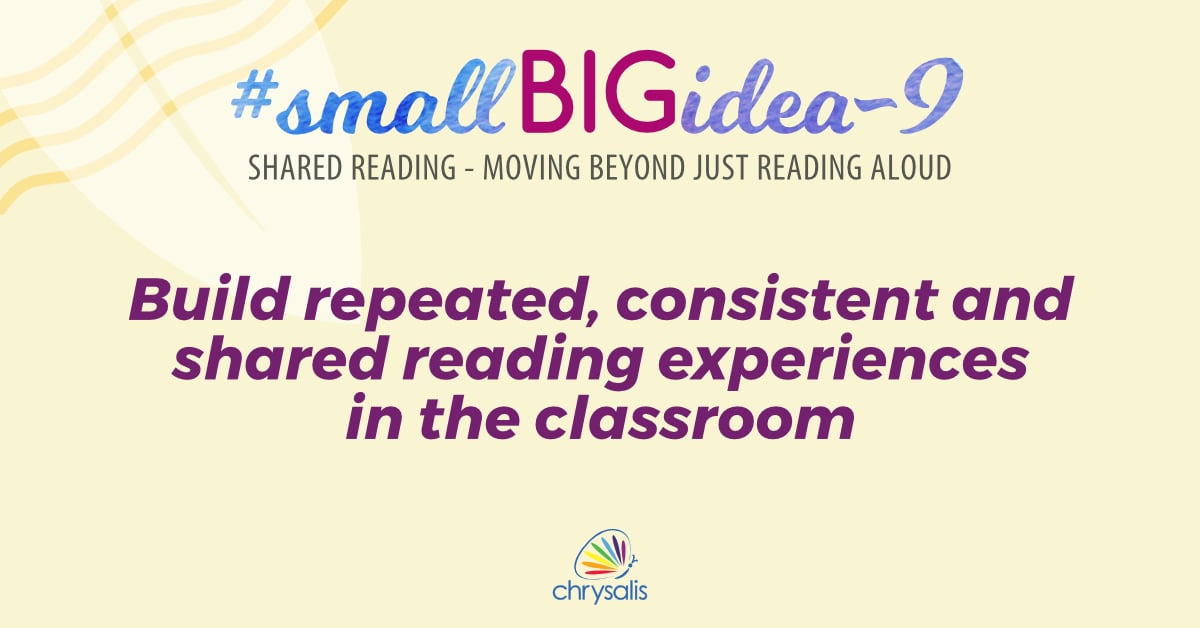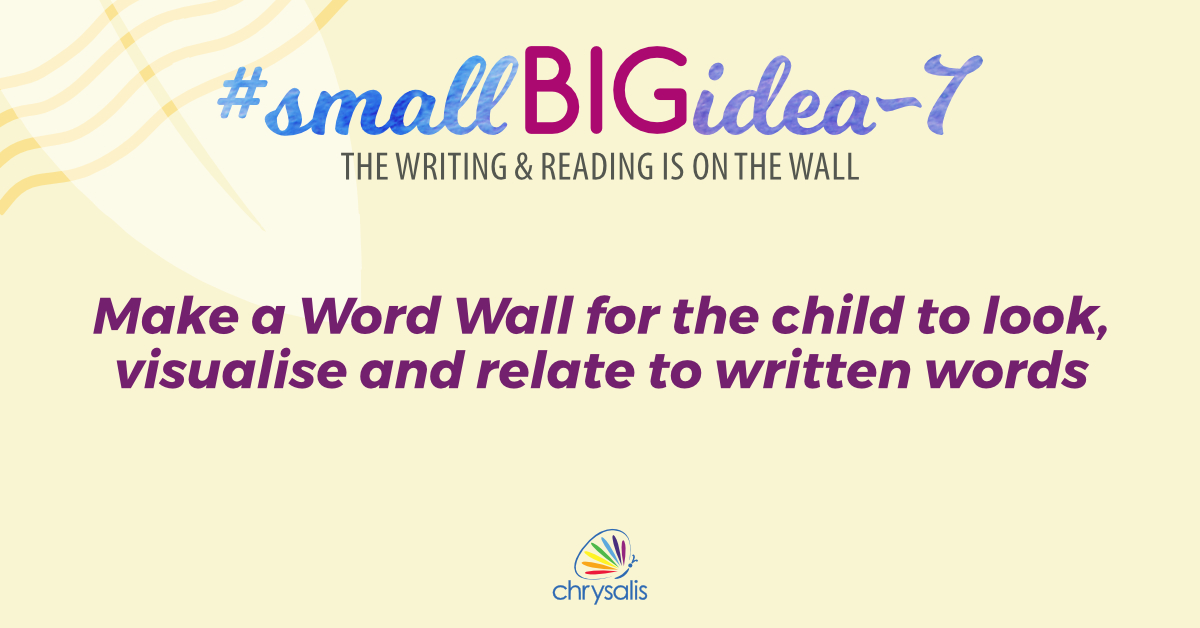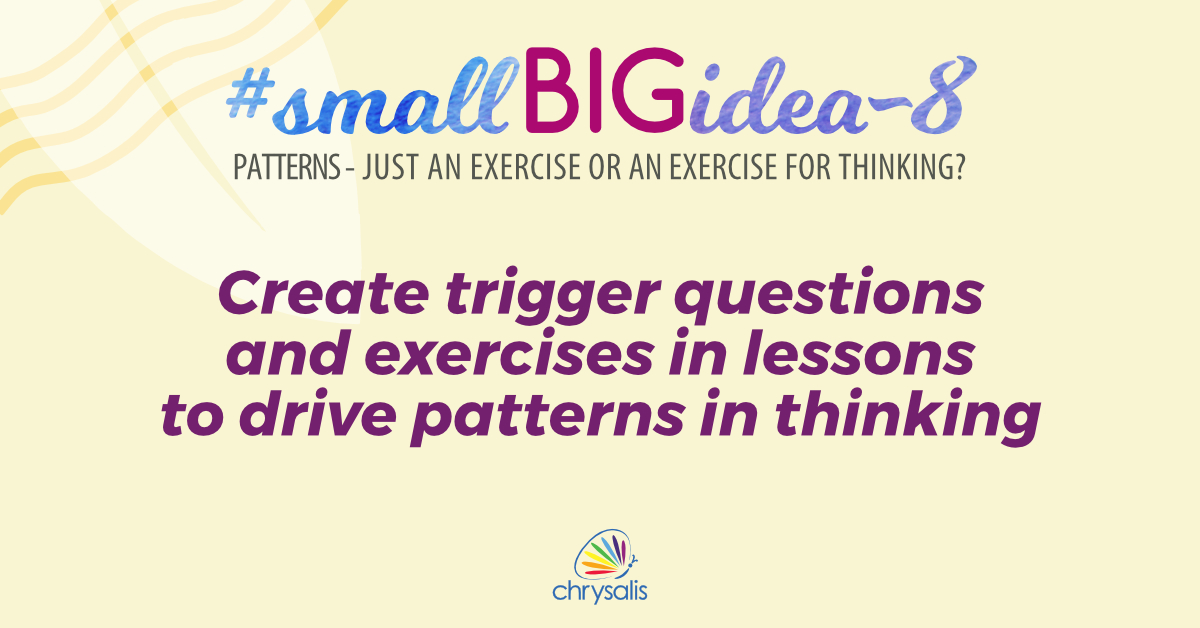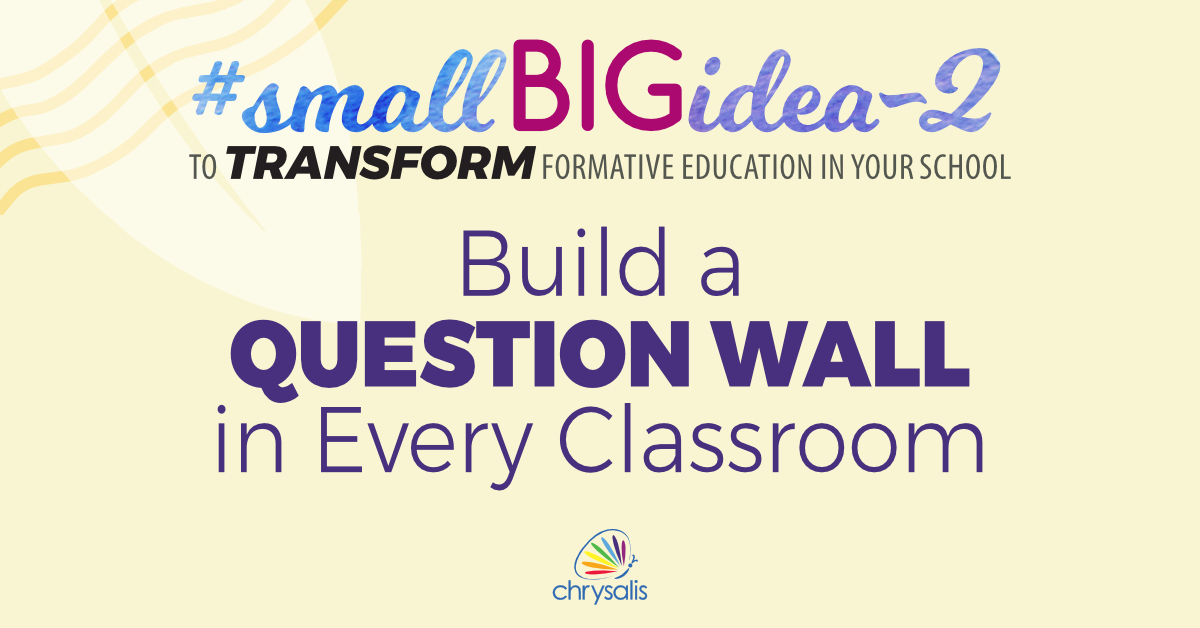
Reading, listening to stories, counting the birds in the books, narrating the stories, enacting the topic with a classmate, or pointing to the new words through a word wall or a word game – all play an important role in the language development of a child. Repeated, consistent and shared reading experiences help children acquire a language, subconsciously. Much like how they learnt their own mother tongue.
So, no matter the grade in which the child studies, reading and being read to, is a practice that goes a long way in helping the child become an effective communicator. It is strongly recommended that schools focus equally on nurturing the child to be an independent thinker as well as a confident communicator.
Here's how you can achieve it in your classrooms.
Presenting...#smallBIGidea - 9
| S.NO | WHAT CAN YOU DO |
| 1 | Pick a book (textbook, a story book or a picture book...anything) |
| 2 | Ensure the children are seated in a way that the book and the reading material is visible to everyone. A circle works best. |
| 3 | Read slowly and clearly. Word by word. Point towards the word you are reading. |
| 4 | Connect the words and the pictures in the book. |
| 5 | For younger children, identify action words. You could enact them too. |
| 6 | Write the newer/unknown words on the word wall |
| 7 | Build activities around the theme to bring in a real life connect with the word (A walk to the park, cooking up a dish from the story etc) |
| 8 | Hold group discussions along with the children on the theme of the lesson |
| 9 | Encourage parents to have conversations at home on the theme. |
Pedagogic “Why” for this #SmallBIGidea:
- Children learn and connect better when they listen to stories. It piques their imagination.
- When children are read aloud in their formative years, their vocabulary develops much better. Apart from this, it also helps in sustaining their attention, and developing listening skills.
- It builds conversation skills and through that better communication.
- The communicative approach to reading in school and home, helps children in “acquiring” the language rather than “learning” it. And formative years (below age 5) is the best time to adopt this approach.
Supporting Research Articles:
What are #smallBIGideas?
Presenting, some #SmallBigIdeas that can transform Formative Education in your schools. They are seemingly small but definitely impactful. Because, all you would need is an open mind and a willing heart.
What: One #smallBIGidea a week - just 1-minute reading time.
How: #smallBIGidea sent to your email ID with link to a one-page document that explains the pedagogy and the steps to implement it.
It is these simple ideas that can go on to bring a radical transformation. In your school. For the child.





